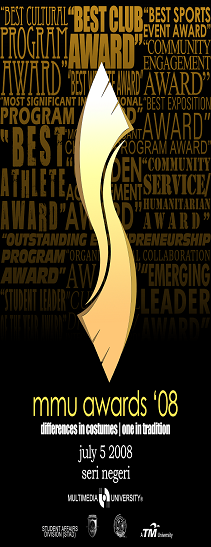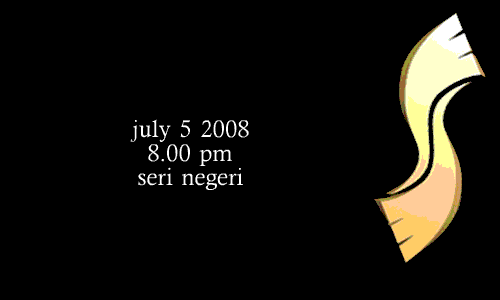Compiled by Secretarial Department, SRC Malacca 07/08
Career Planning is a long process, which begins right from the time one starts visiting school. Choosing a job that will suit you best depend on a number of factors, beginning with your interest and what you enjoy most. This is most important since there is no point working if; you do not enjoy the work you are doing. Secondly, it is also important to know what you wish to achieve in future. Setting prior goals is essential as this is what is going to motivate you in attaining results at the earliest.
The initial few years of your career are the most crucial period. It is during this phase that you realize which will be the perfect job for you. Counselors also suggest that one should keep experimenting with a variety of profiles during this period to see where the interest actually lies. The career planning cycle has been broken into four stages that help in evaluating your position and take you to your desired position. The four stages are as follows:
Where you are? Where can you be? How can you be there? Are you actually getting there?
Let’s now study these four stages and see what they actually mean.
The first step in career planning is self-assessment. To find out ‘Where you are’ placed and why you are in the position. Once you start evaluating your position you will know how focused or lost you are. And accordingly, you will also know how to refocus on your goals and move ahead. Proper and effective evaluation of the reason for your stagnation or your development is also essential. On doing this, you will know if the job you are currently pursuing is actually of interest to you or not.
Your next level should be to set goals, i.e. answering the question, ‘Where can you be?’ This is a very practical stage of your career planning and no assumptions or superficial beliefs would help you in this situation. Your assessment should be an effective reality check on your growth to find out of the loopholes if it exists anywhere. At this level, you also need to make up your mind clearly as to where you really wish to get, while you are making your career moves.
On answering the above two, you have now successfully reached the third and most dynamic stage of your career planning. Here you need to figure out ‘How can you be there?’ and prepare your skills and knowledge accordingly. Do a SWOT analysis on your self, i.e. a rigorous check of your Strengths, Weaknesses, Opportunities and Threats. This is the stage of implementing your plans. This is the execution phase.
Next comes a final assessment, to find out whether you are actually getting there. This is a periodical check on your moves. And will guide you to the right path.
The next most important thing in choosing the right career is to evaluate if your values, beliefs and attitude will fit in the job or not. There is no job satisfaction if you are not rightly and adequately paid for the job. And this is one reason for which most people are dissatisfied with their work.
Session 1 : Relationship (Networking Skill)
Conference Report
PICC 2008
By Mohd Hamdan Mohd Sharif, Ho Wing Ee, Nurhazwan, R. Ganes, Norazini
Here is the summary taken from Norman Hakim (CEO of KRU Groups) during his talk :
Ø The “silaturrahim”/ relationship are important among family members and society entities.
Ø To the people that had been control by the family, it is good for their relationship, but the disadvantage is they will be less exposed to the outside world.
Ø The attitudes that need to bring along to tighten up and develop our relationship with other people are confidence on ourselves to be positive, and attract the positive elements toward us.
Ø Other than that, the discipline, punctuality, commitment, and passion to do every single thing that will determine how success you are. When a person is really passionate about something, he/she will really struggle towards achieving it, then it will result in the success of the relationship.
Ø Everyone needs to have relationships, and it is very important to have contact and communicate with the people that can help us. Even we had a very high education level, we still need to know how to gone through the challenges that might appear in our life through the relationship with other people.
Ø When talk about the critics from other people, we must always take it as a positive things from society towards the improvement of ourselves.
Ø She had the chance to work and meet many different kinds of people, and from different working style as well as their background. In order to maintain the relationship with all that people, the most important thing for her is communication. In developing good relationship, we need to have good and skillful interaction technique.
Ø To develop a better communication style and technique, we need to always learn and practice, and we need to know who is the person that we communicating with.
Ø Besides that, we must always be humble with other people, and sacrifice to the people that bring us up. Even if we’re very tired with the working schedule, we still need to allocate our time with the people in order to maintain the relationship. In her context as a singer, she needs to entertain her fans.






No comments:
Post a Comment